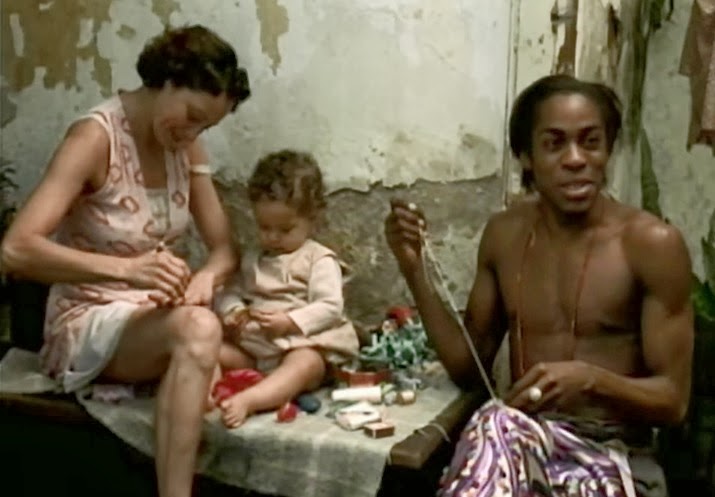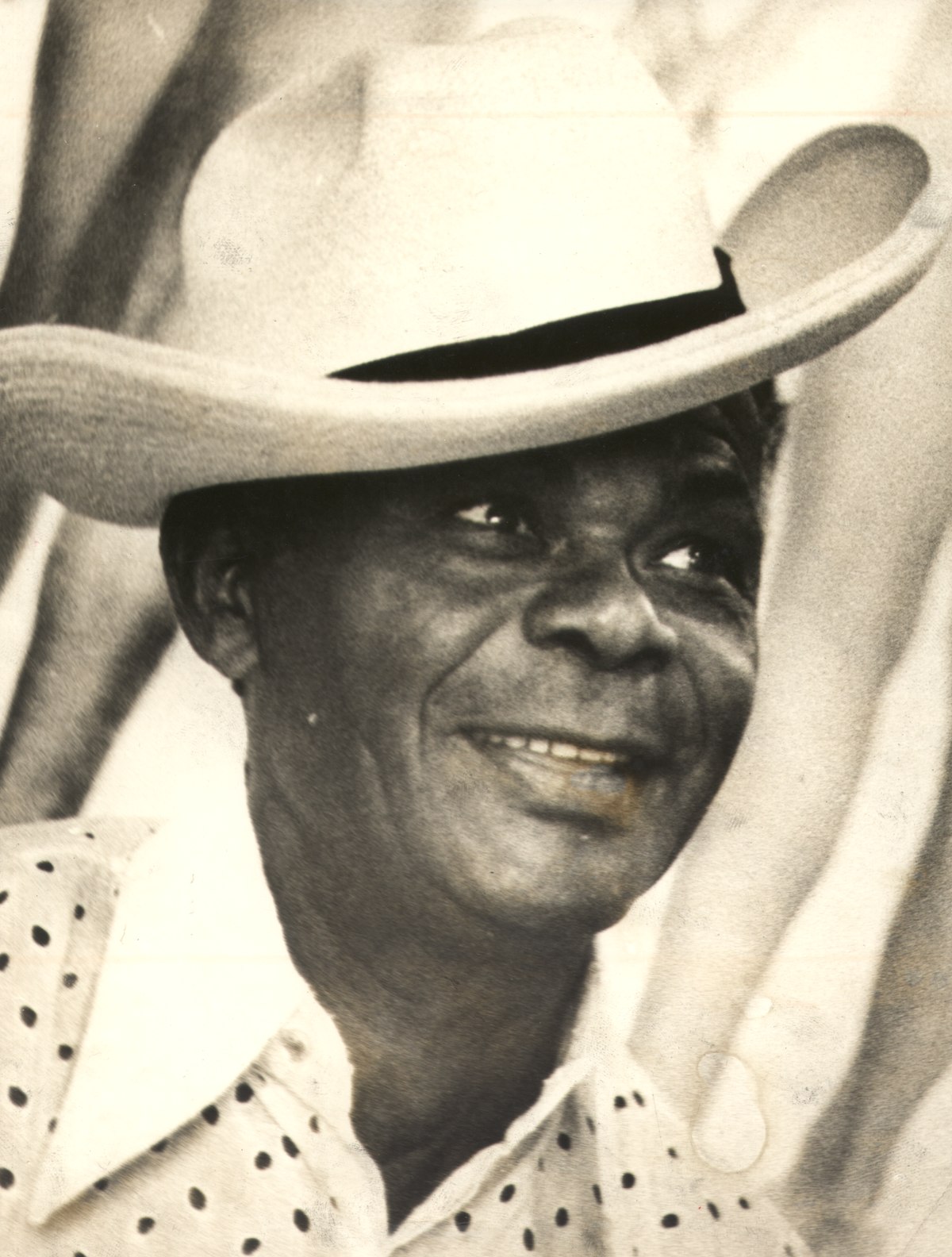João Francisco dos Santos, who named himself ‘Madame Satã’ or ‘Madam Satan’, is superbly played by Lázaro Ramos. A colourful and complex character, João Francisco moved effortlessly between being a street fighter (using his considerable skills at Capoeira), a chef, lover, father, gay, a transvestite, a pimp, a bi-sexual thief and even a murderer (for which he served 10 years), always from his base in Lapa, the oldest and most characterful area of Rio de Janeiro.
The film ‘Madame Satã’ premiered at Un Certain Regard in Cannes of 2002. It received a large cluster of nominations at the festivals, winning ‘Best Debut Feature’ at the Havana Film Festival 2002 and the ‘Golden Colón’ (Columbus) at the Huelva Latin American Film Festival. Produced by Walter Salles of ‘Central Station’ (1998) fame, it also sports cinematographer Walter Carvalho, who also shot Héctor Babenco’s ‘Carandirú’. No mean feat to gather such a formidable crew on a debut production. The film was a success and ‘Madame Satã’ established Karim Aïnouz as a talent to follow. He has not disappointed.
‘Madame Satã’ was and remains, challenging viewing, it does not hold back on its erotic content nor its violence and manages to convey something of the deeper nature of this talented yet profoundly conflicted man. Madame Satã could be ruthless and wild, as well as loyal and tender. Having risen up against all odds from the rough and violent streets of Lapa, thanks to his love and talent for extravaganza, he become a Champion of the Carnival in Rio for many years, initially with his designs of ‘Caçadores de Veados’ (The Deer Hunters- also The Queer hunters in slang). Despite these successes, he managed to break enough rules to be in and out of prison during most of his life. João Francisco's choice of his name ‘Madam Satan’, was inspired by the film of the same name by Cecil B.de Mille.
To quote Madame Satã himself: -
“I always thought my moment would come, thinking about the saying that evil will never last because the sun always shines after the storm.”
Walter Carvalho and Karim Aïnouz chose to work with subdued, selective lighting and, on certain intimate scenes, with very big close ups, so that the viewer can feel and even taste the sweat on the skin. Aïnouz has always shown an interest in the inner lives of his characters and this consistently poses the question of whether we can ever know.

Lázaro Ramos as Madame Satã
In Madame Satã, Aïnouz shows us how this man, with his quick and unpredictable temper, could also play tenderly with his companion’s young child. it is not clear if he is the father, but he has taken them in, and they live like a family. He has also taken in a young gay man, Tabu, whom he bullies relentlessly and manipulates into being a part-time assistant in theft.

Lázaro Ramos as Madame Satã, with Renata Sorrah ( Vitória) .
Madame Satã falls in love with Renato or Rentinho (Felipe Marques), but even with him, he displays violent outbursts. One man, unwisely, insults Madame Satã, ridiculing his extravagant transvestite show at the local bar and pays the price, as do a number of others who cross his path.
Karimk Aïnouz has the uncanny ability to convey the joy and the sadness in people’s lives, expressing the sorrows, ironies and struggles of their existence, always with affection and an understanding of who they really are, often invisibly, beneath the surface. One such person is the local bar owner and friend Amador (Emiliano Queiróz), another is Vitóra (Renata Sorrah) and her daughter who share his home, and Tabu (Flávio Bauraqui). They all come across as real people, stuck in their lives, yet still being able to squeeze some joy out of their existence. An enjoyable film that has not dated.
The Film is available on the BFI Player
Madame Satã (2002)- Written and directed Karim Aïnouz

The real João Francisco dos Santos
João Francisco dos Santos: Lazaro Ramos /Marcélia Cartaxo: Laurita/Flávio Bauraqui: Tabu / Felipe Marques: Renatinho / Renata Sorrah: Vitória /Emiliano Queiróz: Amador /
Production: Isabel Diegues/ Mauricio A Ramos / Walter Salles / DOP: Walter Carvalho ABC / Editor: Isabella Monteiro de Castro / Music design: Marcos Suzano/ Sacha Amback / Sound editing: Waldir Xavier / Direct sound: Aloysio Compasso















